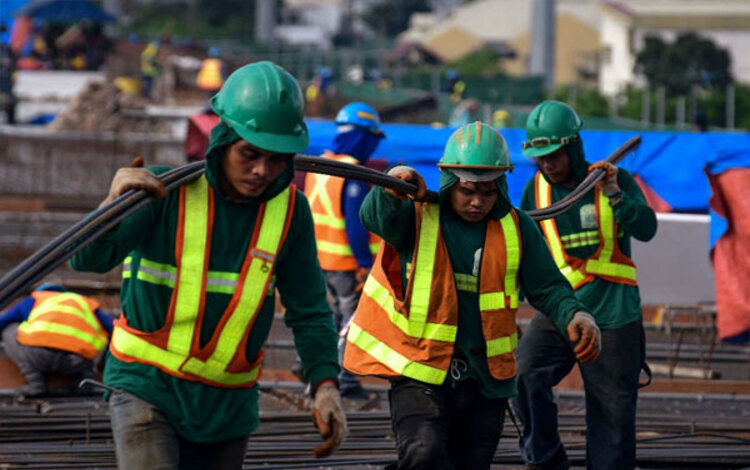On Monday, the Department of Labor and Employment (DOLE) announced the approval of wage increases for workers in private establishments in Calabarzon and the Central Visayas. The wage hikes, granted by two regional wage boards, will range from P21 to P75 per day for Calabarzon workers and P33 to P43 per day for Central Visayas workers.

In Calabarzon, the new wage rates will take effect on September 30, 2024, five days after the anniversary of the previous wage adjustment. Upon full implementation, the minimum daily wage in the non-agriculture sector will range from P450 to P560. Workers in the agriculture sector will see daily wages from P425 to P500, while retail and service establishments with fewer than ten employees will have a minimum wage of P425.
For workers in the Central Visayas, the wage increase will be effective starting October 2, 2024, immediately after the anniversary of the last regional wage order. The revised wages will increase the daily minimum pay for Class A workers from P458-P468 to P501. Class B workers will see their wages rise from P425-P430 to P463, while Class C workers’ wages will increase from P415-P420 to P453.
DOLE explained that these adjustments were made in response to President Ferdinand Marcos Jr.’s Labor Day directive, which called on the Regional Tripartite Wages and Productivity Boards (RTWPBs) to review regional minimum wage rates before the anniversary dates of previous wage orders. This process ensures that wage rates are periodically reassessed to reflect changing economic conditions.
Wage rates in the Philippines vary across regions and industries. Lower wages are often set in less developed areas to attract investments and reflect the supposedly lower cost of living. However, labor groups have long advocated for a standardized nationwide minimum wage, arguing that high prices are a common concern across all regions.
The new wage orders will directly benefit approximately 1.2 million minimum wage earners in Calabarzon and the Central Visayas. In addition to wage orders, workers have other avenues to seek higher wages and benefits, including forming unions and negotiating collective bargaining agreements. Congress also has the authority to legislate wage increases when necessary.
These wage adjustments are seen as a crucial step in improving workers’ livelihoods and ensuring that their earnings keep pace with the rising cost of living.
